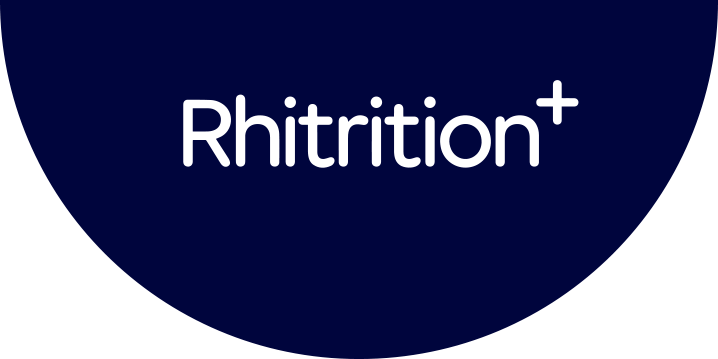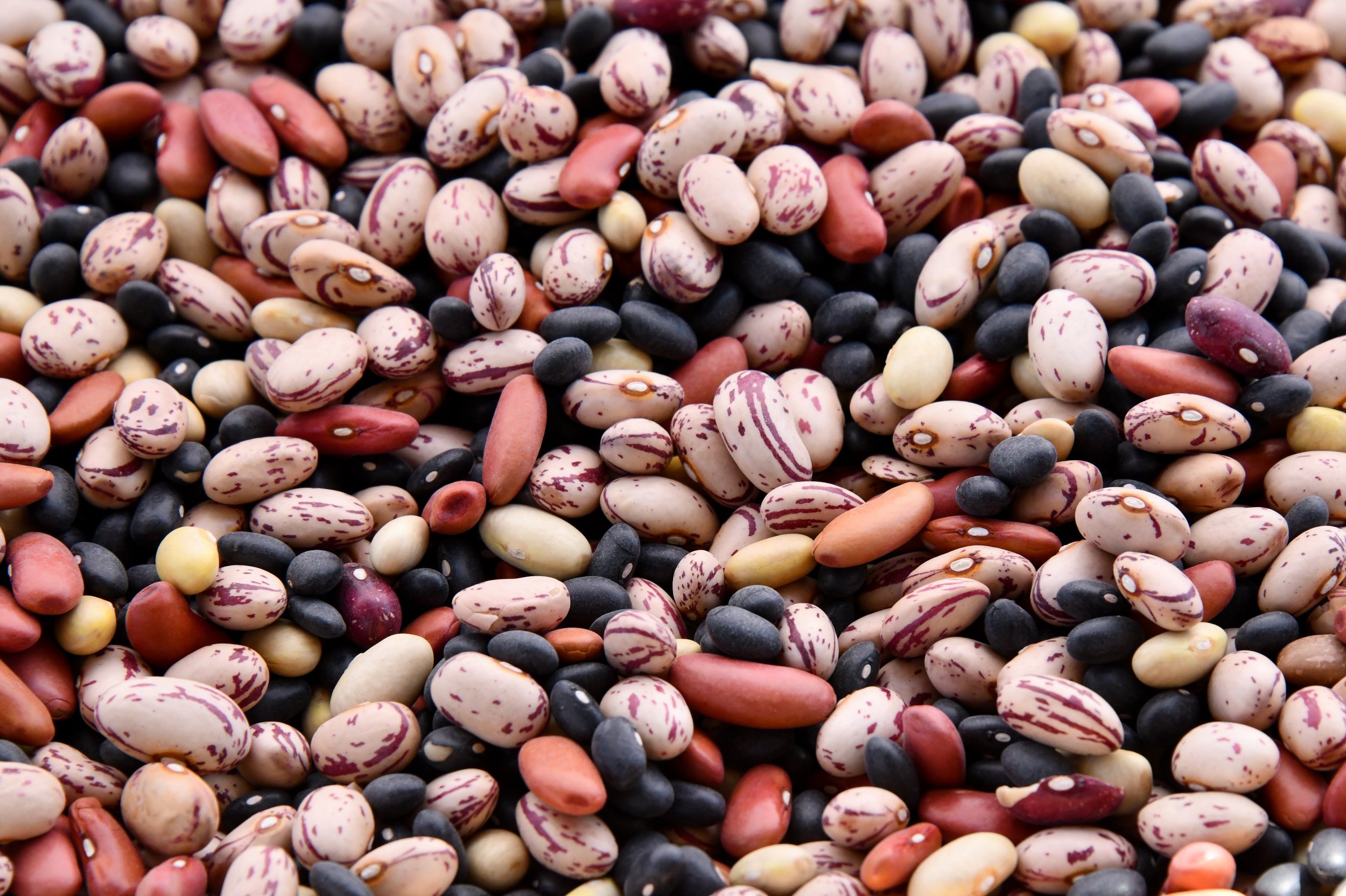Folic Acid: Needs, Sources, Benefits & Deficiency
Article by Rhiannon Lambert, BSc MSc RNutr
Folate, also known as Vitamin B9, is the natural form of folic acid and improves the quality and maturation of eggs, helps the body make healthy blood cells, and enables an embryo’s brain, skull, and spinal cord to develop properly, avoiding neural tube defects such as spina bifida.
Why do I need folic acid?
Reduces the risk of neural tube defects, a form of birth defect, such as spina bifida
DNA formation and cell replication
Along with Vitamin B12, helps in red blood cell formation and nerve functioning
Folate deficiency can reduce the ability of red blood cells to carry oxygen, known as macrocytic anaemia.
Folate plays an important part in the development of healthy red blood cells and the body’s nervous system and is also important for the development of our DNA.
When planning a pregnancy and in early pregnancy, folate, together with its synthetic form folic acid, is important for egg quality and to prevent neural tube defects in babies.
The neural tube forms the early part of the brain and spinal cord during the first trimester, so it begins to form often before women know they are pregnant. The neural tube forms the early part of the brain and spine within the first 12 weeks of pregnancy and problems in these preliminary stages of development can result in spinal conditions such as spina bifida.
Couples receiving fertility treatments may be more likely to conceive where women take folic acid supplements and eat a diet high in isoflavones (plant-based oestrogens with antioxidant activity) such as soya, and men eat an antioxidant-rich diet.
Sources of folate
Food sources of folate include:
Dark green leafy vegetables such as broccoli, kale, and spinach
A variety of legumes including chickpeas and lentils
Asparagus
Egg yolks
Poultry
Fortified breakfast cereals
Folic acid is added to some wholemeal and non-gluten breads and some cereals. There are also plans to add it to white bread in the near future.
Folate is lost from vegetables during cooking as it dissolves into the surrounding water. To reduce this, try steaming or microwaving vegetables instead of boiling, and try not to overcook them.
Think About Choline
Choline is thought to work closely with folate at the start of pregnancy to support your baby’s brain and neural tube development. Your need for this key nutrient increases in pregnancy and when breastfeeding.
The best food sources of choline are eggs and organ meats such as liver, however liver should be avoided in pregnancy because of the high levels of vitamin A. It is also found in poultry, cruciferous vegetables, nuts and peanuts, legumes, milk, and soya products. If you are vegan or vegetarian or eat a mainly plant-based diet, it is important to ensure that you are getting enough choline and you may need to speak to your healthcare provider about supplements.
B Vitamins
The family of B vitamins, found in meat, poultry, seafood, eggs, beans, and fortified foods, plays a key role in energy production and your baby’s development. B12 in particular supports fertility, with a lack of B12 linked to problems with ovulation.
It is also involved in folate metabolism so it is important in pregnancy. Research suggests that babies with low levels may be more irritable. B12 is found in beef, salmon, clams, tuna, eggs, and dairy. If you are following a vegetarian or vegan diet, you will need to supplement, such as using Rhitrition+ vegan multivitamin and/or eat fortified dairy alternatives and cereals.
Signs of Deficiency
Folate performs numerous significant functions in the body, including keeping the nervous system healthy. A deficiency in this vitamin can cause a wide range of problems, including:
Tiredness
Loss of appetite
Weight loss
Diarrhoea
Heart palpitations
Headache
Sore tongue
Behavioural changes
Please go and see a GP if you think you may have a folate deficiency. These conditions can often be diagnosed based on your symptoms and from blood tests.
How much folic acid do I need?
Public Health England recommends that adults need 200ug of folate per day. It should be consumed regularly in the diet as we are unable to store folate in the long term. A balanced diet rich in folate foods listed above should be sufficient to provide most people with enough folate.
What quantity to take if you are pregnant or trying to conceive?
However if you are trying for a baby or in the first trimester, women are advised to take daily folic acid supplements of 400mcg, such as Rhitrition+ folic acid before conception and up until the 12th week of pregnancy. Folate deficiency during this time can lead to neural tube defects, such as Spina Bifida, in your unborn child. Neural tube defects are serious forms of birth defects which occur in a baby’s brain or spine. Therefore increased intake is required.
In some cases, folic acid requirements are above 400mcg, for example, if there is a family history of neural tube problems and may be advised by the NHS to take 5mg per day up until 12 weeks gestation. Always check the amount in your supplement and talk to your healthcare provider.



